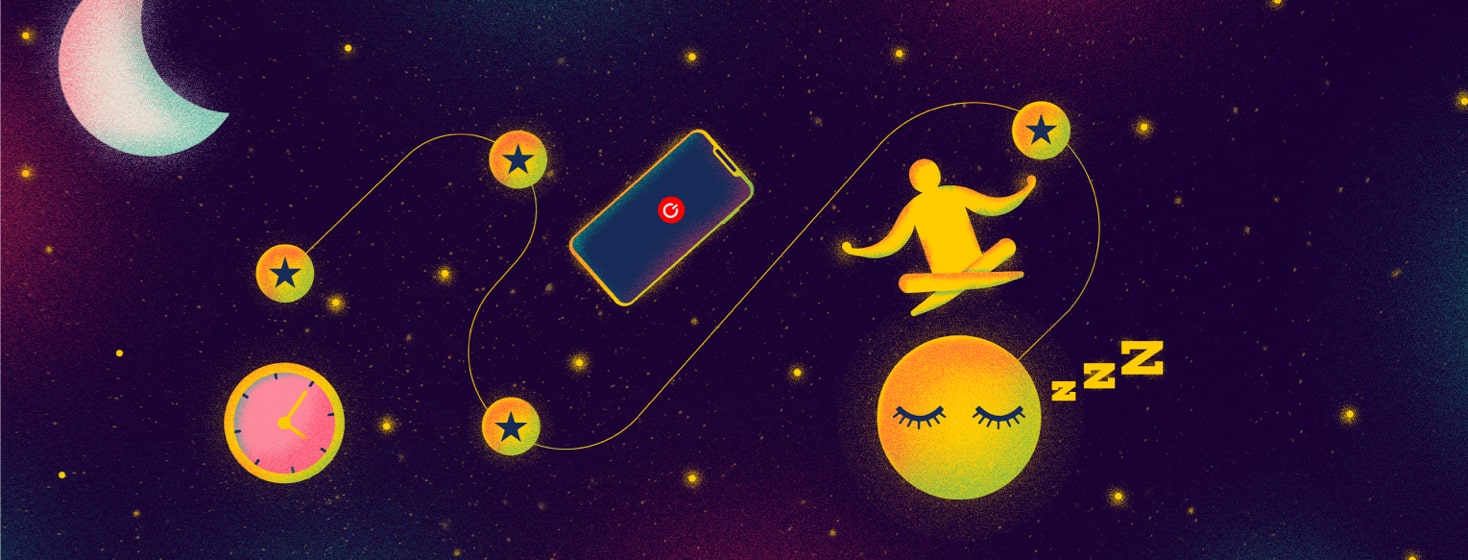Sleep Regimen for Sleep Apnea
Insomnia makes using the CPAP, or continuous positive airway pressure machine, 10 times harder. Nothing is worse than lying with air blowing in your face for hours while you're wide awake.
I started reflecting on how important a sleep regimen was for my son. It was time to try to do what I could to manage insomnia and use my machine. Medications have not helped with insomnia and have caused me to sleep eat, sleep drive, and sleepwalk – all of which are dangerous.
Establishing a sleep regimen for my sleep apnea
The pressure to use my machine and the issues with it have caused anxiety at night. I’ve also found that I thrive when everyone is sleeping because the house is peaceful. However, not sleeping properly and using my machine regularly has sent me into a vicious cycle of affecting my fibromyalgia. So, this year I’ve made a commitment to myself to sleep better, and here are a few of the changes I made.
Relaxation and power down electronics
Something about using my CPAP gives me anxiety. I start my whole room humidifier an hour before bedtime with a lavender bedtime essential oil mix to help promote relaxation. I make a list of the top things I need to do the next day so that my mind isn’t wondering about things to do.
Now that my mind is somewhat clear, I power off the TV and put the phone on the charger – way on the other side of the room away from my bed. I make sure that I fill up my water chamber of the humidifier and have my mask already clean and ready to go.
Regular bedtime
Now that I’m as relaxed as I can be the next change was I set a regular bedtime. It’s easy to stay up after everyone is asleep because it’s quiet. I stop using electronics at 10:00 PM. I then take my medications and my sleep supplement. At 11:00 PM, I get in bed and turn my machine on if I feel tired or not. I also make sure to take a sip of water right before I strap my mask on to help with my dry mouth.
Sleep meditations
I have a tablet set up with a dimmed screen and Alexa so I can just hit a button for it to start playing my guided sleep meditations. The guided meditations help with the racing thoughts and anxiety I get at bedtime. Using sleep meditation helps me focus on relaxation to the point where I don’t notice the discomfort of my CPAP. I’ve found usually within the first hour of listening to the meditation, I drift off to sleep.
Sleep routine improves overall health
In conclusion, not sleeping affects every aspect of your health. Sleep routines are important and necessary for me to help get on track with getting a normal sleep regimen that includes using my CPAP. After having COVID-19, I’m not 2 weeks into using my machine every night. It’s sometimes hard to keep up with routine but I feel like my body is starting to adjust.
Using my CPAP, I’m still tired; but, I don’t feel as bad as I do without it. Also, my migraine frequency has decreased slightly since using my machine these past 2 weeks. A few simple tweaks and following a sleep regimen have allowed me to go to sleep, stay asleep, and use my machine regularly.
Do you struggle with insomnia and sleep apnea? Maybe a sleep routine would help you too. If so, share a comment below about what has helped you most.

Join the conversation